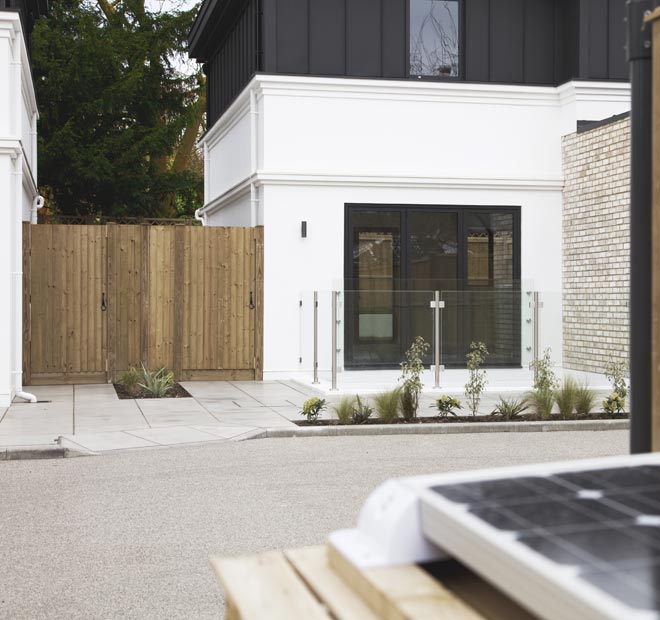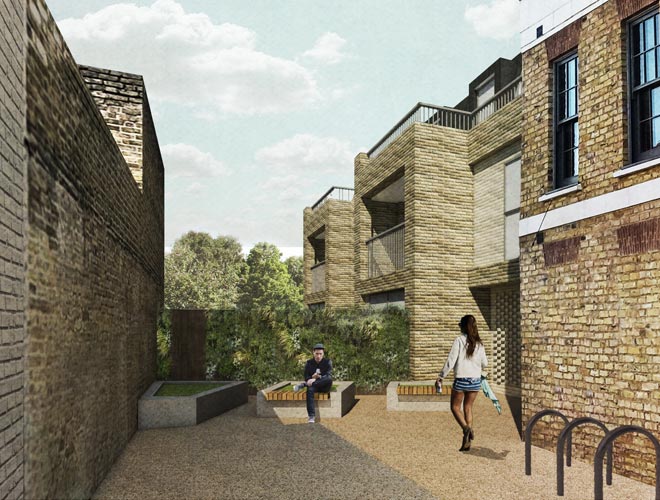Cost vs. value
Value of completed buildings minus (all) development costs minus (all) land costs = PROFITABILITY
Our focus is to create the right balance between value and cost. Our intention is to enhance function and quality whilst reducing or eliminating unnecessary costs thereby creating a cost-benefit. By either adding value and decreasing costs, or both, you will naturally increase the profitability.
An example of adding value for a new build construction in London, our Kisiel Design team worked closely with the Metropolitan Police to achieve a Gold Award on their Secured by Design initiative on recent development. As this significantly reduced the opportunity for crime and anti-social behaviour, with low-cost implications, this was a real cost-benefit for the developer when marketing the properties.
Creating the right balance between cost and value is the ultimate aim to give the maximum performance for a good return on investment.






